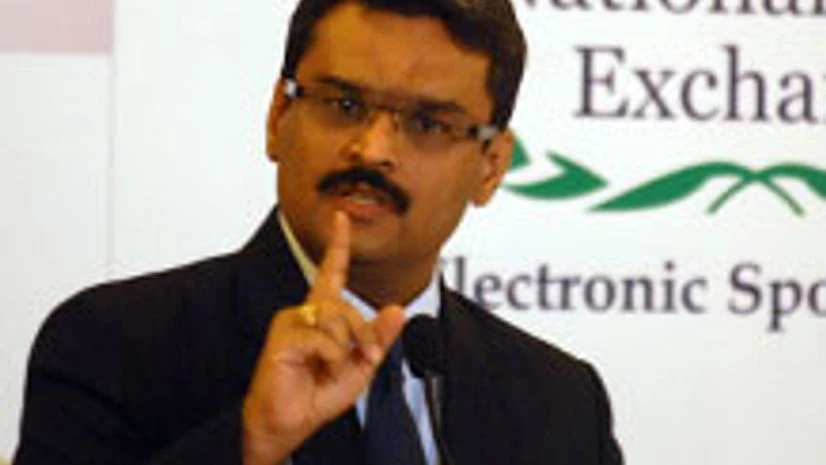The respondents include the Union ministries of consumer affair and finance, NSEL and its director, Jignesh Shah, the Securities and Exchange Board of India (Sebi) and the Forward Markets Commission (FMC).
Kirit Somaiya, president of IGF (and a member of the Bharatiya Janata Party), said it seemed the money involved was at least Rs 8,000 crore.
NSEL has said total pay-in obligations from its 24 members involved were Rs 5,600 crore. “A lot of the money involved in this imbroglio belongs to non-resident Indians (NRIs). Members invested the money of their NRI clients and also ran their own ponzi schemes, involving lots of small clients. A large portion of the money is unaccounted,” alleged Somaiya.
The PIL says MMTC and PEC incurred losses of Rs 350 crore due to illegal speculative transactions. “Four weeks have passed since the issue of NSEL defaults erupted and there have been no complaints from these government-owned companies. This is a big surprise,” said Somaiya.
IGF says it complained to the Enforcement Directorate (ED) about the NSEL payment default. “ED told us they won’t act on complaints by private agencies. No government agencies have complained so far,” said Somaiya. Sebi, notes IGF, has said NSEL isn’t in its jurisdiction, while FMC has said it wants additional power to regulate spot exchanges.
“So far, NSEL has only filed a complaint against investors under Section 138 of the Negotiable Instruments Act for bouncing of cheques. There are already 1,600,000 cases pending under this Act. With the current speed, this case will come for hearing only after 20 years. Hence, the exchange is just buying time, nothing else,” Somaiya added.

)
